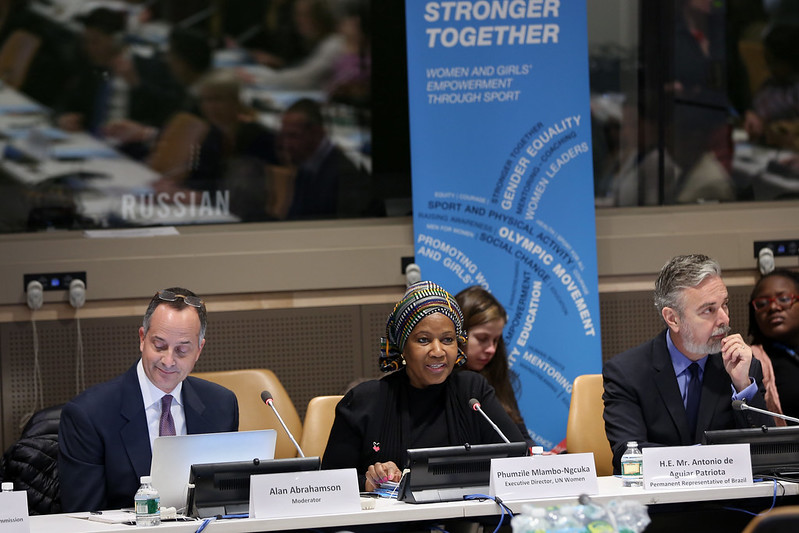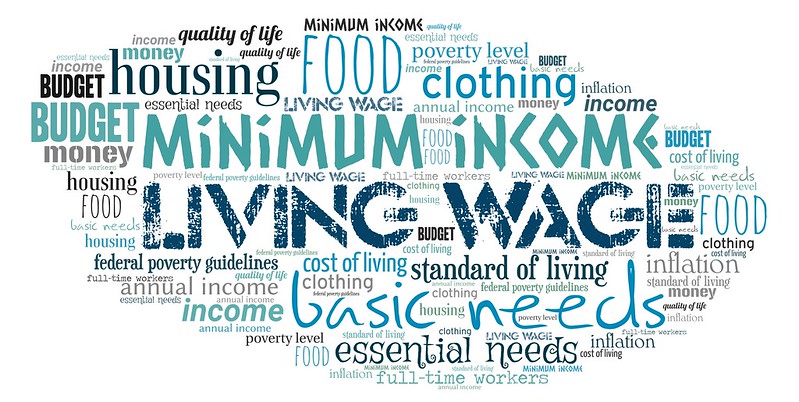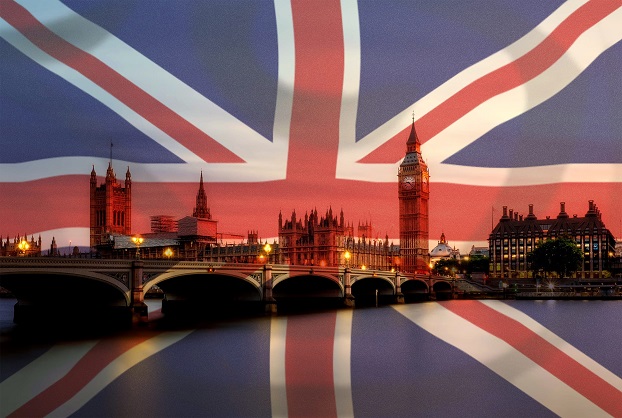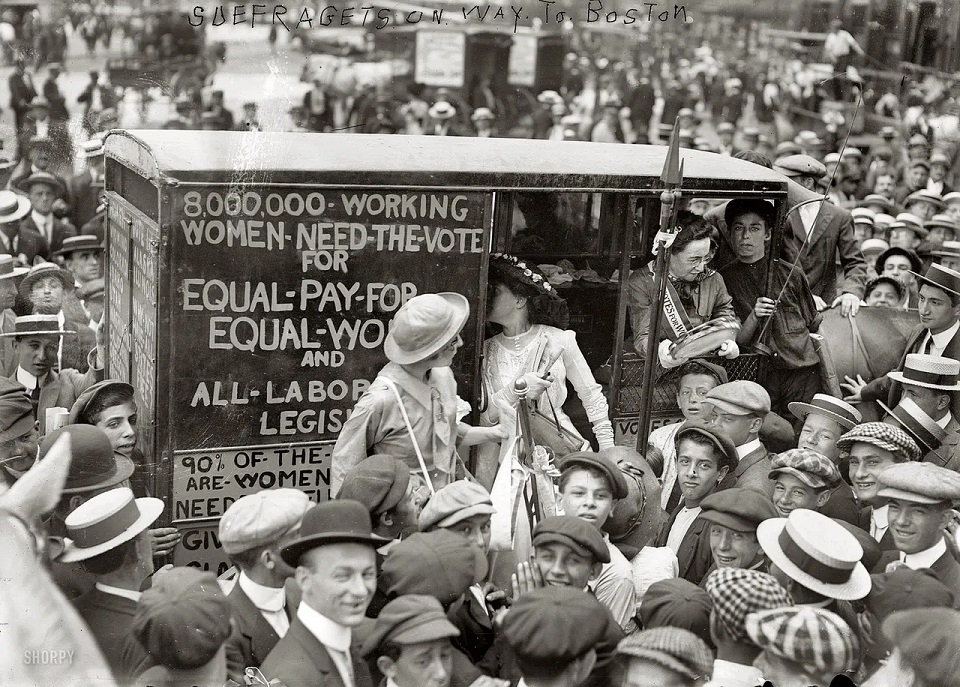24 June 2019 | OPINION
We hear a lot about ‘one-nation’. Whether it comes from Rory Stewart, Boris Johnson, or even Ed Miliband back in 2012. In these divisive times, creating one-nation may be a furlong hope when it comes to Brexit, as a culture war rages on a daily basis. However, when it comes to sport, there is no more powerful weapon that sweeps differences aside and brings people together.
Watching a Sky News report on Polo at the Royal Windsor Cup, wouldn’t usually grab my attention. But this year, two youth polo teams based in South London were invited to play during the event. These youth teams weren’t just your stereotypical upper class polo players, instead they were from council estates in Brixton. Some of them were former gang members whose friends had been murdered. Watching this report was truly inspirational as I witnessed people from completely different worlds play sport together and show that we all have common ground. This, to me, is what Benjamin Disraeli’s one-nation is all about.
Looking back, I’ve seen a one-nation ethos in sport so many times throughout my life. I have been playing football since I was in primary school and every week, I see so much more camaraderie than I do ill-will. I remember when I was working in Sheffield back in 2013, my colleagues and I were in a park having a kickabout. Five or six students were playing next to us so we asked them if they wanted a match. They said yes, so we set up goals and started playing.
10 minutes later, three Chinese people (with Neymar haircuts!) were walking past and they asked us if they could play. We, of course, said yes. After another period of play, a couple of what turned out to be Ghanaian students were cycling past. They asked if they could join in and, amazingly, this melting pot of different people now meant it was 11-a-side. We mixed the teams and had a great time. That was the power of football to create one-nation.
What’s fantastic about football or even rugby, is all you really need to get going is a ball (and hopefully a few friends). Football in particular has inspired working classes for generations, but having worked with hundreds of children in care over the last few years, it is worrying how little interest there is in football – or any other sport. There are many plausible explanations for this. In many cases, parents haven’t encouraged their children to get involved in sport. If the child didn’t have to go to school when living at home, they wouldn’t have had the opportunity to get involved. And of course, we must not forget, with video games more popular than ever, there is a major issue of millions of children being isolated in their room all day.
There is so much going on in sport which is truly inspirational. From the Paralympians’ extraordinary achievements now gaining the recognition they deserve, to women’s football being more popular than ever. But if the Conservatives are to be the party of opportunity, we need to be leading a national campaign to support charities, schools and the private sector in engaging our young people in sport. This is surely one agenda where we can all come together, as one-nation.
Paul Maginnis is the author of The Return of Meritocracy: Conservative Ideas for Unlocking Social Mobility. You can follow him on Twitter @PaulMaginnis1.























